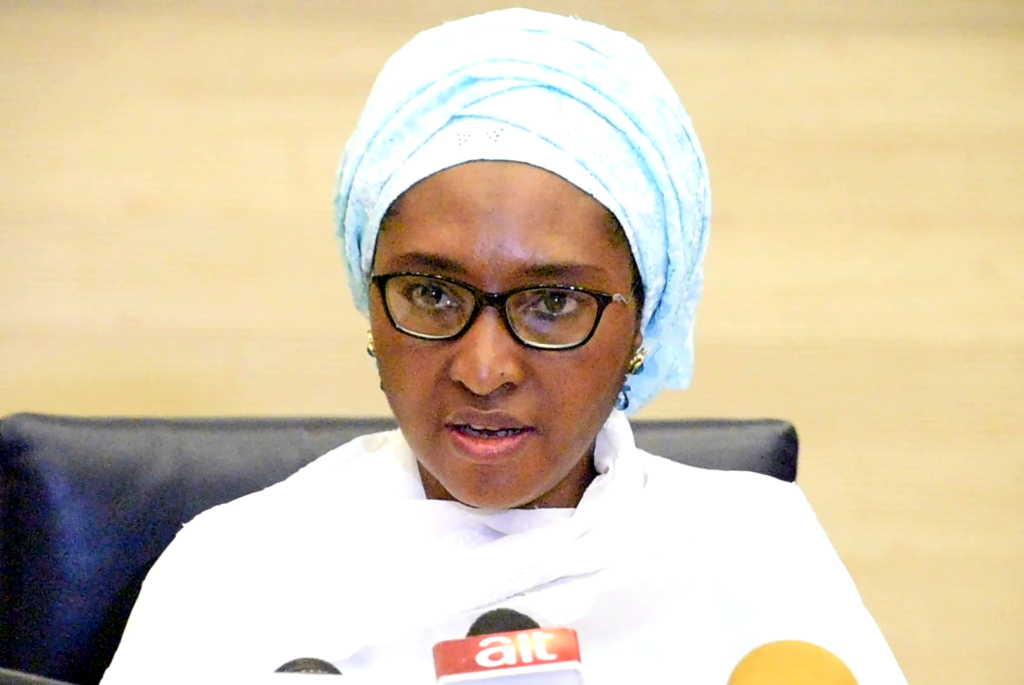Nigeria has no plan now to seek deferment of its debt service obligations from its creditors this year for both its commercial loans and bilateral loans.
Zainab Ahmed, finance minister disclosed this new position of the federal government which marks a departure from the position canvassed two months ago when the government asked multilateral lenders to waive debt payments this year amid the Coronavirus pandemic.
Ahmed said this in a call with investors organised by Citigroup.
In April, Ahmed had said the government did not intend to suspend Eurobond payments, but planned to seek relief from its biggest bilateral creditor, China.
President Muhammadu Buhari had called on multilateral lenders to cancel debt payments from countries struggling with the new virus.
Nigeria, the continent’s top oil producer, has also ruled out a sale of Eurobonds this year after market conditions deteriorated sharply at the start of the Covid-19 outbreak, the Director General of the Debt Management Office, Patience Oniha, said during the conference call.
“Not for this year, but certainly to go back to that market, we have to see where the levels are,”Oniha said when asked if the government planned to return to international debt markets. “Borrowing in the domestic market became cheaper than borrowing in international markets.”
The threat of credit downgrades has kept many countries from seeking an eight-month suspension of $12 billion in debt payments offered by the Group of 20 leading economies to help the world’s poorest countries. Nigeria, the biggest economy eligible for debt relief, could have saved $107.5 million under the initiative, according to the World Bank.
Nearly half of Nigeria’s outstanding external debt is with multilateral lenders.
The World Bank Group is its top creditor with $10.1 billion in loans. Beijing-based Export-Import Bank of China is the second largest single creditor with loans totaling $3.2 billion, while Eurobonds account for $10.86 billion or 39 per cent of external debt, according to the debt management office.









